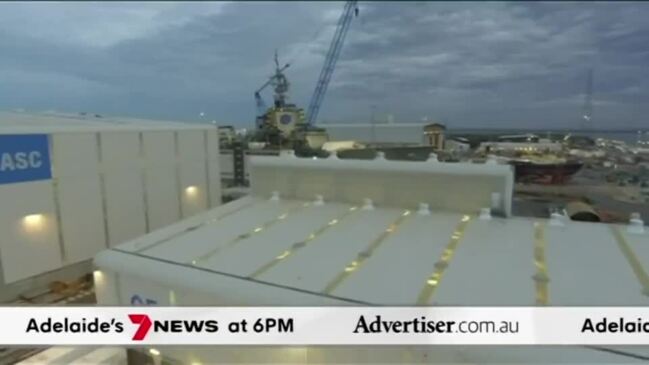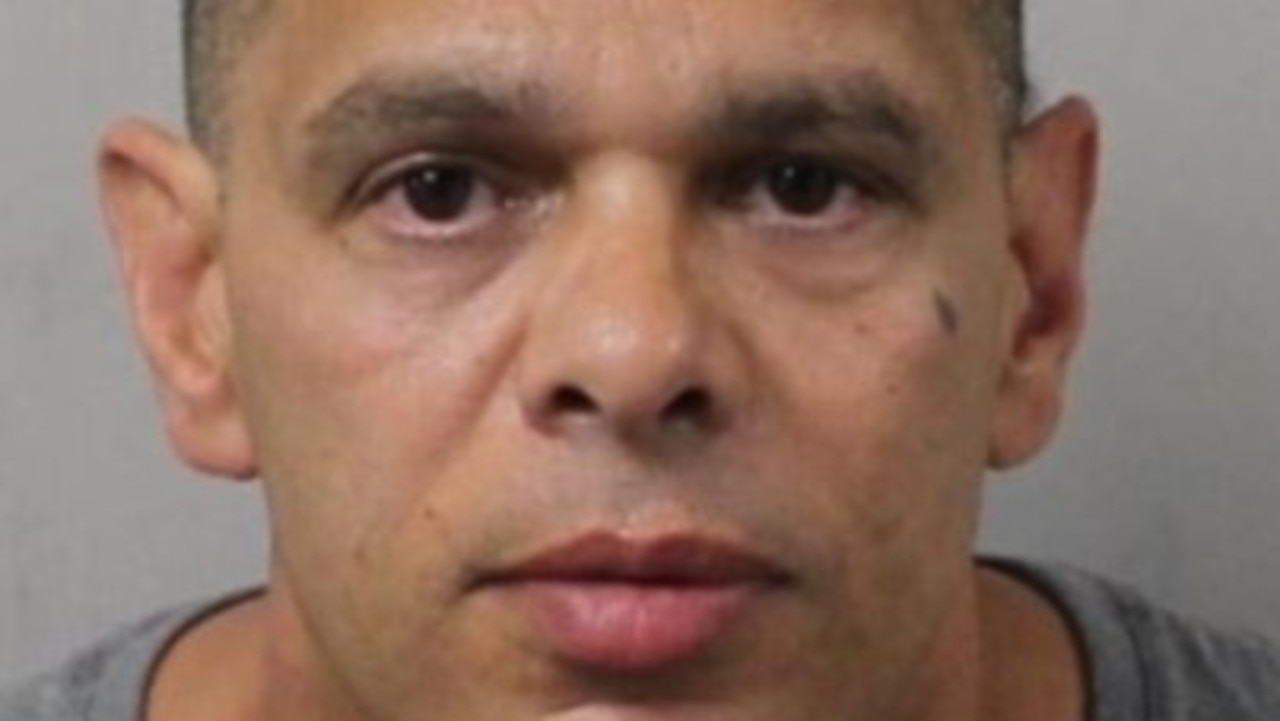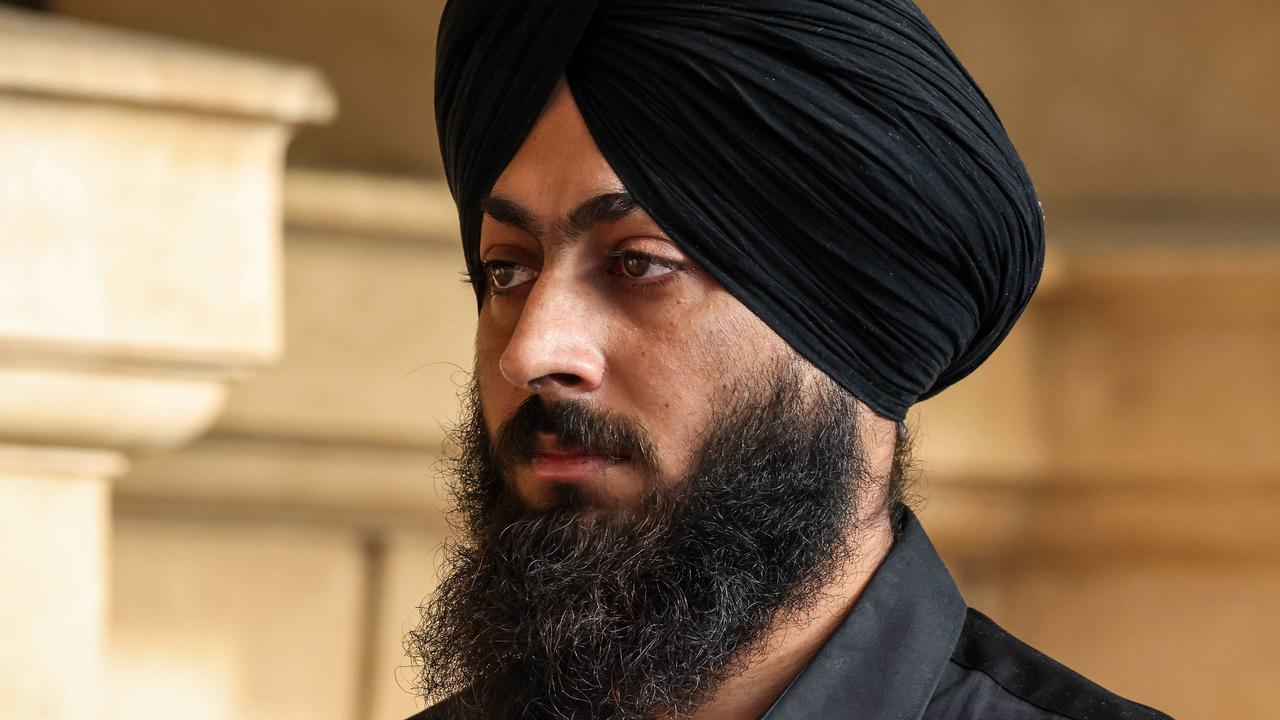Compulsory voting in council elections backed by half of people in local government reform survey
Voting in council elections could soon become compulsory in SA with half of people surveyed backing it – as changes to when elections are held loom. Take our poll.

SA News
Don't miss out on the headlines from SA News. Followed categories will be added to My News.
Compulsory council voting is looming in SA, with more than half of people surveyed for a review into reform backing it, and limited terms for councillors.
The state government has extended public consultation on a major shake-up into councils in SA, asking for bold ideas to reform the sector after historically low voter and candidate turnouts in the 2022 elections.
Only about 30 per cent of South Australians vote in their local council elections. SA is one of only two states that does not have compulsory voting for council elections.
The survey also comes as at least two SA councils consider boundary reform, with Campbelltown and Gawler both seeking to adjust their boundaries.
The Local Government Boundaries Commission has begun inquiries into both proposed changes.
More than 3300 people have visited the reform website – but fewer than 250 surveys actually completed.
Eleven SA councils have submitted feedback, with more expected.
Major themes emerging include limited councillors to two or three terms to support new candidates and fresh ideas, with more than half of respondents saying term limits should be introduced, around 30 per cent disagreeing and the remainder with mixed views.
Compulsory voting continues to gather support, with 52 per cent supporting the idea, about 15 per cent against it and the remainder are neutral. Exemptions for property and business owners have also been raised.
Council elections could also be held on the same day as state elections to increase voter turnout and cut costs, with about one in four surveyed support that push.
One-in-three want at least 12 months between elections to combat voter fatigue.
Other ideas include live-streaming and recording meetings and Q&A sessions with mayors and elected members.
Better communication with ratepayers and more youth-oriented events and initiatives to drive higher participation rates was flagged.
The discussion paper released by Local Government Minister Geoff Brock before consultation started also flagged forced boundary changes, saying it was “hard to argue” keeping small council areas when there were not enough candidates to fill positions.
In 2022, more than 90 uncontested positions were filled without an election held and supplementary elections were needed for 16 vacancies across 10 councils, while two-thirds of eligible voters didn’t bother to return ballots.
The survey has now been extended a month to March 30, Mr Brock said.
“Engaging and listening to residents beyond the election cycle is also important, so changes that could be rolled out year-round will also be strongly considered,” he said.
“The feedback we receive will play a pivotal role in shaping the future of how council elections are held across the state and how people engage with their local council throughout their four-year terms.”
Local Government Association President Mayor Dean Johnson said no idea was too big or too small.
“If you’ve got a suggestion about the timing of council meetings, ward structures or even council boundaries, we want to hear them,” he said.
The discussion paper can be read and ideas submitted here.





